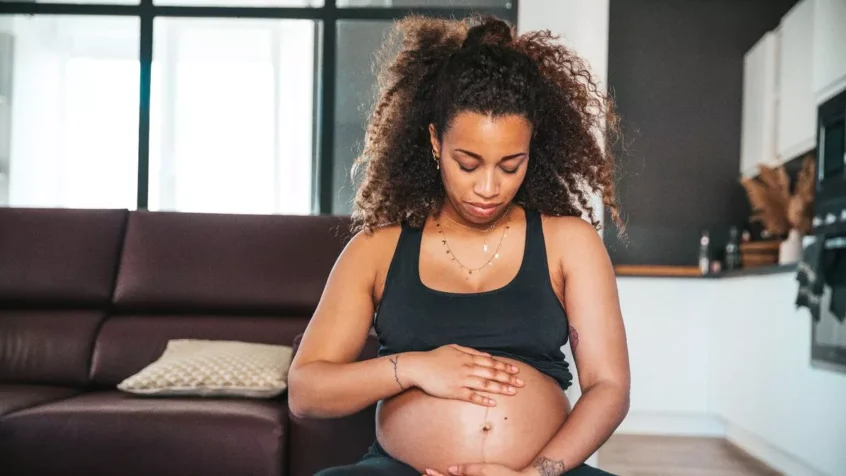Women from Black ethnic backgrounds are four times more likely to die during pregnancy or in the six weeks after giving birth, compared to white women.
This was the finding of an Oxford University report earlier this year that has become the gold standard for identifying improvements needed in maternity services. There’s an almost two-fold difference in death rate among women from Asian backgrounds compared to white women. How have we let this happen?
The Saving Lives, Improving Mothers’ Care report showed that 12% of the women who died during or up to a year after pregnancy were severely disadvantaged, living in the most deprived areas. They were more than twice as likely to die than women living in the least deprived areas.
Deaths from mental health-related causes account for nearly 40% of deaths between six weeks and a year after pregnancy, with maternal suicide remaining the leading cause of death in this timeframe.
That isn’t the only shocking news. Staff in maternal healthcare settings are expected to care for women with complex conditions without proper training. In the postnatal period many women who are severely disadvantaged don’t have their specific care needs met.
Moreover, pregnant women are often denied basic care such as access to drug treatments for Covid-19 and heart-lung bypass support, simply because they’re pregnant. And clinical staff aren’t always equipped to have discussions with pregnant women about the benefits and risks of taking medications so women aren’t able to make informed choices about which medications they should take.
I dearly hope recommendations from the Oxford report are put into immediate practice. Pregnant women must be included in medicine and vaccine research. Advice on new vaccines and treatments must be given quickly to pregnant women and their doctors.
Pregnant and breastfeeding women should have the same rights as others. Care after pregnancy must be tailored to women’s individual needs. Staff in maternal care must have the skills to provide social care needs. And during and after pregnancy there must be shared decision making and counselling on medication use.
The report lead, Professor Marian Knight MBE, said: “This report shows persistent inequities impacting the care of pregnant, recently pregnant and breastfeeding women. Improvements in care may have been able to change the outcome for 52% of the women who died during or up to a year after pregnancy. This demonstrates an even greater need to focus on the implementation of the recommendations within this report to achieve a reduction in maternal deaths.”

